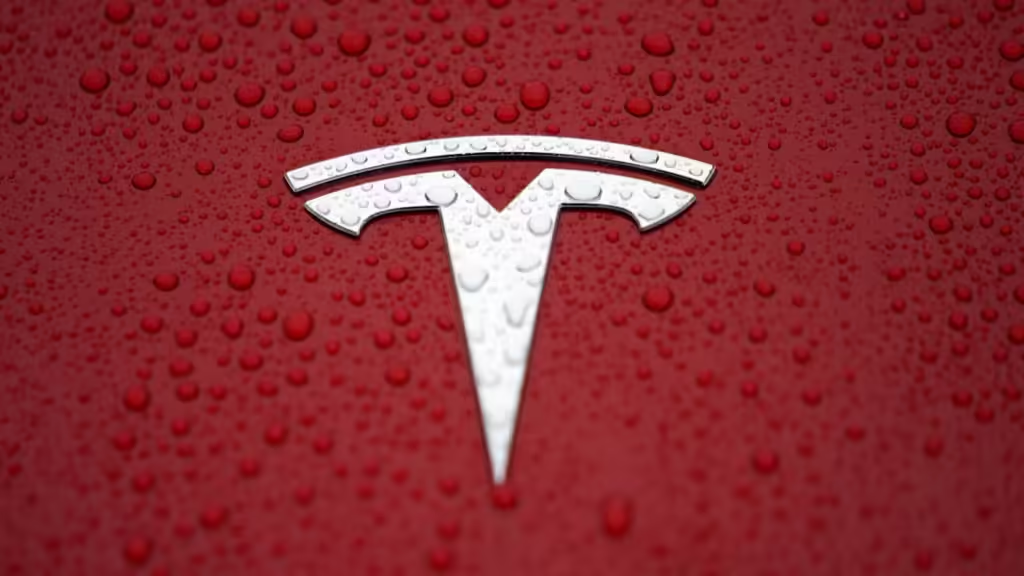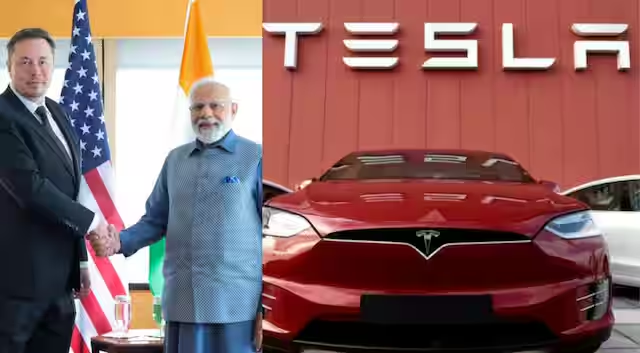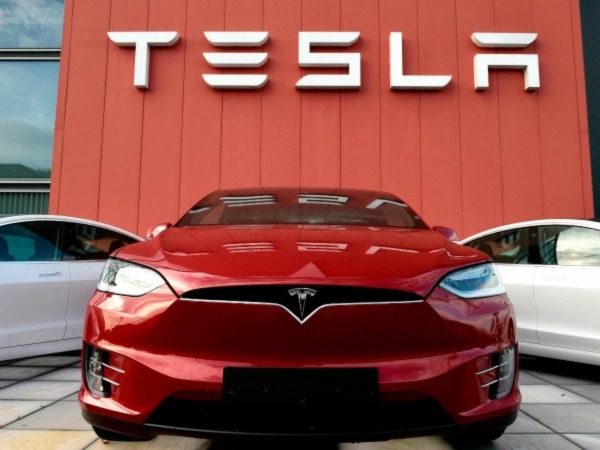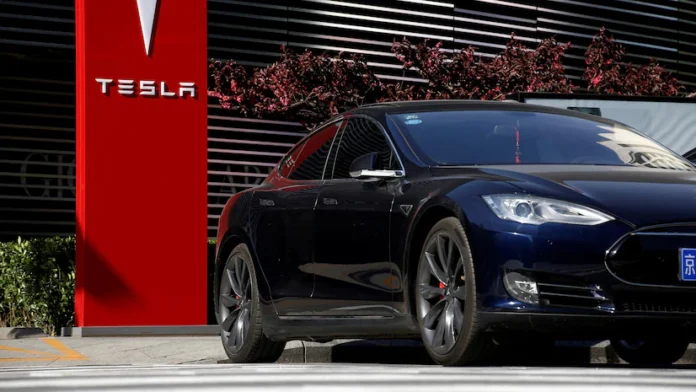Global automotive press has focused heavily on Tesla, the well-known maker of electric vehicles (EVs), particularly in relation to its expansion ambitions. Recently, attention has turned to India, where regions like as Tamil Nadu and Gujarat are fighting for the business of becoming Tesla’s component suppliers. The purpose of this calculated action is to foster an atmosphere that will perhaps entice Tesla to establish production facilities in the nation. This piece explores the complex initiatives undertaken by these states, the possible effects on the Indian automobile industry, and the wider ramifications of these advancements.

India Strategically courting suppliers to Tesla
It has long been clear that India wants to have a big role in the global EV industry. State governments seem unfazed by Tesla’s delays in plans for local manufacture, despite the federal government’s aggressive efforts to court the firm. Targeting Tesla’s component suppliers, states like Gujarat and Tamil Nadu are taking a proactive stance in the hopes that a strong local supply chain could persuade Tesla to open offices in India.
Even though the method is simple, it works quite well. In order to expedite manufacturing and save logistical expenses, Tesla aims to produce near its suppliers. The Indian states are essentially preparing the way for Tesla’s possible entrance by extending invitations to these suppliers to establish businesses inside their boundaries. This strategy fits in with the larger trend of building an ecosystem to meet the operational requirements of the massive manufacturing company.
Also Read :- Tata Curvv 2024: An Unmatched Versatility in an SUV-Coupe
Gujarat: The Bold Candidate
In this race, Gujarat has shown to be a serious competitor. It appears that the state is quite interested in building a local presence, since three of Tesla’s suppliers were recently given site inspections. The automobile industry in Gujarat would greatly benefit from these suppliers’ possible relocation because they are not only essential to Tesla but also serve other automakers.
Gujarat is committed to become a significant hub for EV production, as seen by its vigorous courtship of Tesla’s suppliers. In order to develop their operations in India, foreign corporations find the state to be a desirable option due to its advantageous business climate, infrastructure, and strategic position.
Tamil Nadu: Capitalising on Current Assets
Another significant contender in this race is Tamil Nadu, which is renowned for its strong automotive and electronics manufacturing environment. Some of Tesla’s suppliers are already based in the state, including a German business that specialises in high-performance rubber parts and a European maker of metal vehicle components. Due to these current connections, Tamil Nadu has an advantage over other states in luring additional Tesla suppliers.
The state’s strategy is centred on leveraging its robust basis in electronics industry. The government of Tamil Nadu is promoting its advanced industrial infrastructure and highly qualified workforce in an effort to entice Tesla and other EV makers. This plan seeks to establish Tamil Nadu as a major centre for automobile production in India in addition to luring Tesla.
Huge Consequences for India
Gujarat and Tamil Nadu’s attempts to draw in Tesla’s component suppliers will affect the Indian car industry more broadly. First of all, it presents India as a trustworthy friend for international producers, particularly as those firms seek to lessen their reliance on China. India is becoming a more alluring option for supply chain and industrial activities due to the current trade tensions between the US and China and the country’s changing geopolitics.
Second, there would be substantial financial gains if Tesla’s suppliers were located in India. It would strengthen the nation’s industrial capacity, provide jobs, and strengthen local economies. Furthermore, it would encourage innovation and technical breakthroughs in the automotive industry, bringing India one step closer to its ambition of leading the world in EV production.

India’s Present EV Strategy: An Engine of Development
The EV legislation in India is a major factor in drawing in international automakers such as Tesla. For cars costing more than $35,000, the policy permits the import of completely built-up (CBU) automobiles at a 15% lower import fee, providing the carmaker establishes local production within three years and meets specific localization goals. With large cost savings and incentives, this strategy fosters an atmosphere that makes manufacturers want to enter the Indian market. For Tesla, this represents a chance to take advantage of lower import taxes and a more benevolent regulatory environment in order to penetrate the expanding Indian EV market.
Possible Effect on Tesla
Establishing facilities in India and building a robust local supply chain has several benefits for Tesla. It can control supply chain risks, greatly reduce manufacturing costs, and adhere to regional sourcing laws. Additionally, it enables Tesla to better service the hugely promising Indian market. In addition to facilitating quicker and more efficient manufacturing procedures, Tesla’s suppliers’ presence in India would guarantee that the business can fulfil the rising demand for its automobiles. It also fits with Tesla’s overarching plan to diversify its production sites and increase its worldwide footprint.

Conclusion
The coordinated actions taken by the state governments of Gujarat and Tamil Nadu to entice Tesla’s component suppliers demonstrate their pro-active and strategically-minded mindset. These states are establishing themselves as major participants in the global EV market in addition to strengthening their own industrial capabilities by fostering an environment that is favourable to Tesla’s suppliers.
Disclaimer: The information provided in this article is based on publicly available sources and may not be 100% accurate.

